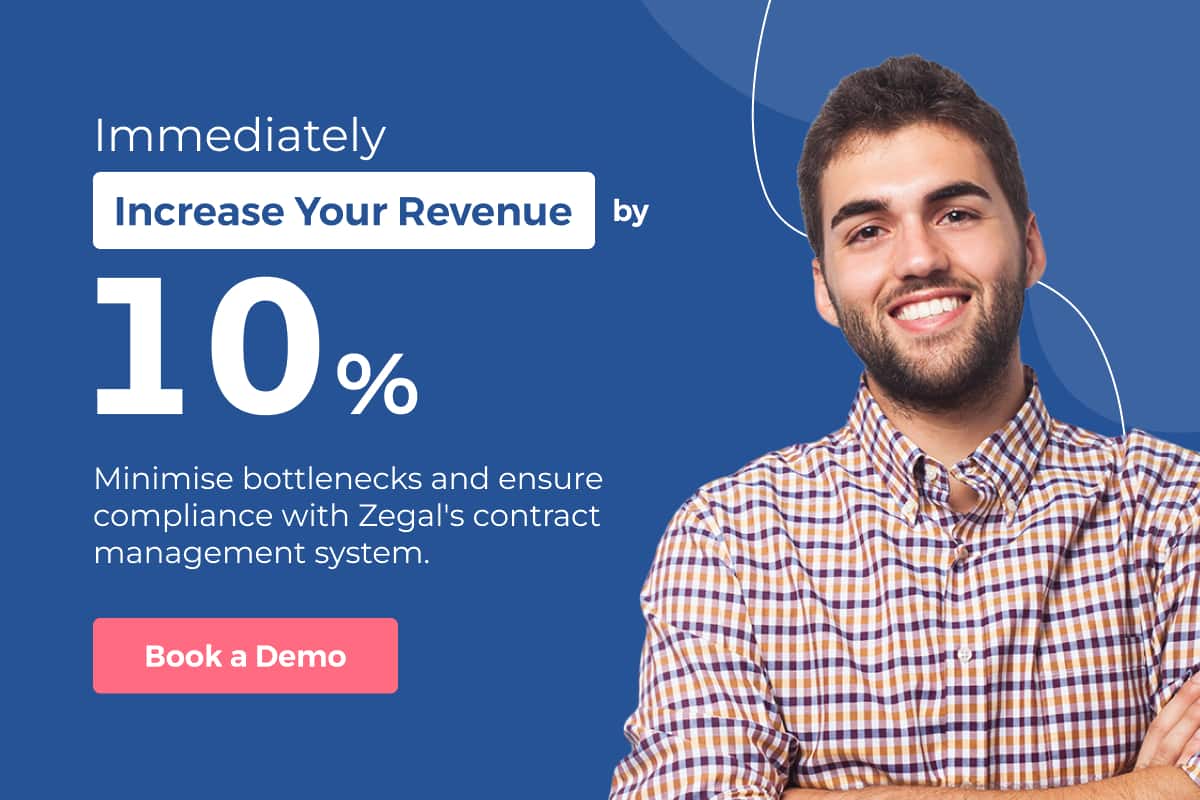
With the April tax changes in the UK, consultants, freelancers, and contractors may need to make some minor adaptions to how they work to make sure they can stay outside IR35 for their next tax return.
So, how do you make sure you are outside IR35? Here are some strategies to implement to ensure you set yourself up as properly self-employed.
Get the outside IR35 in writing
Keeping your paperwork in order will help if you do have to undergo an HMRC investigation.
Clauses in your contract should include no mutuality of obligation, rights of substitution, immediate dismissal, and control clauses.
Your client should never have direct control over how you provide your services. Your client can give you work without providing you with work.
You must include these clauses in your consultancy agreement, freelance agreement or supply of services contract with your clients. And then, importantly, live by them as well. Otherwise, you could be viewed as an employee.
Ignore the perks
Yup, all those lovely little bonuses that make a workplace into a home away from home should be out of bounds for you.
That includes the free barista service, the office gym, creche, and anything else that is a built-in perk for employees. If you want to clearly keep yourself outside the limits of IR35, these workplace comforts are not for you.
No benefits either
Benefits are for employees. If you’re a contractor outside IR35, you shouldn’t be getting private healthcare from your client.
Also, you shouldn’t get paid holidays. There’s no sick pay in the world of a freelancer. And pension contributions are out of the question.
Stay external
It’s all too easy to accept an invite into the internal communications channels for easy access to the people you’re working with.
However, this is a no-no for keeping outside IR35.
You’ll have to decline a company email or access to the Intranet where you’ve signed a contract. This also includes frequently used comms apps like Slack, Flock, and Hangouts.
Get insurance
Professional indemnity insurance is essential for contractors, consultants and freelancers alike.
As indemnity insurance covers your legal costs and compensation payments, if your client takes legal action against you for any element of the services you provide or mistakes you make, you shouldn’t be without it as a working professional.
And it’s a clear marker for HMRC that you are indeed self-employed.
Clear projects with clear endings
For a contractor, having deadlines and endpoints to your contracts is a part of the service that makes you a contractor.
Your relationship with your clients should have projects with clear definitions, goals and timelines. This includes a conclusion to the contract rather than keeping it ongoing.
To be outside IR35, you need to work on multiple projects simultaneously and have numerous sources of income.
Work where you want
Although you may need to be on-site for meetings and project management reasons, you should also be able to work from wherever you need to be and not be subject to regular working hours like an employee is.
You also use your own equipment to do the job. Flexibility is one of the perks of being a contractor.
And remember: You also do not need to say yes to the work you offer.






